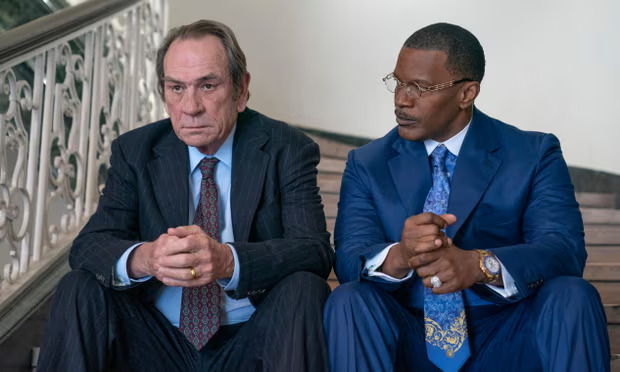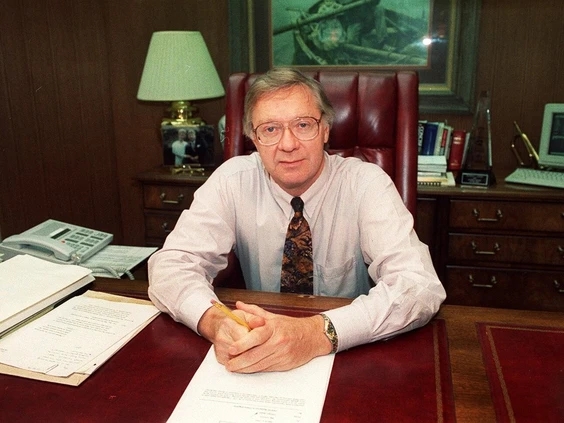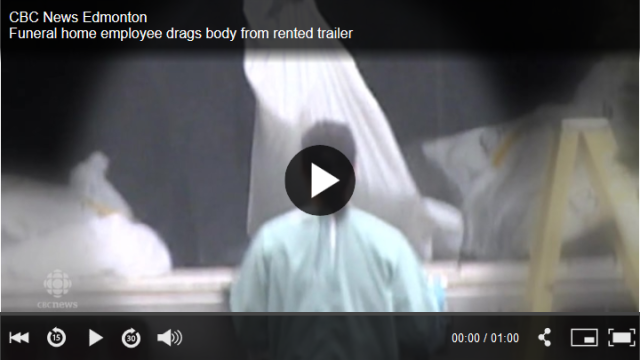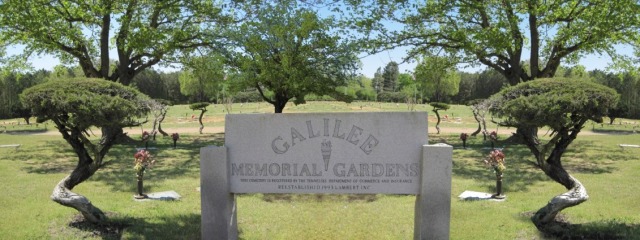Just watched The Burial, a new movie streaming on Amazon Prime about the multi billion-dollar “death industry” that is both disturbing and “boisterously entertaining,” thanks to two great Oscar-winning actors, Tommy Lee Jones and Jamie Foxx.
It’s about a handshake contract deal gone bad between Jeremiah O’Keefe (Jones), a Mississippi funeral-home proprietor with eight locations, and Ray Loewen, who headed a multinational funeral-home empire based in Burnaby, a suburb of Vancouver, Canada.
O’Keefe is in financial trouble when he decides to sell off his funeral homes to Loewen.The handshake deal takes place on Loewen’s yacht (filming took place circling Vancouver’s scenic inner harbour off English Bay).
Months go by and the deal doesn’t go through. O’Keefe believed the Loewen Group was stalling until O’Keefe went bankrupt so they could buy up O’Keefe’s funeral homes and his profitable funeral insurance business at bargain basement prices.
O’Keefe hires a young Black lawyer to sue Loewen for breach of contract. The young lawyer, Hal (played by Mamoudou Athie) convinces O’Keefe he needs to hire a super successful rich Black lawyer named Willie E. Gary (played by Jamie Foxx) to win the case.
At the time, Gary had never lost a case and had won 90 multi million-dollar lawsuits. The son of a sharecropper, Gary had a private jet named Wings of Justice and wore $5,000 suits. He was one of the richest lawyers in the U.S. Foxx plays him as Johnnie Cochran. Gary was a personal injury lawyer who had never taken on a contract law case. One of Gary’s partners described O’Keefe’s case as “a nap waiting to happen.”
At one point, Loewen had offered O’Keefe $100 million to settle the lawsuit. O’Keefe, believing his lawyer’s advice, decided to proceed to trial.
During the litigation research, O’Keefe learns that the Loewen Group has made an exclusive deal with local Black Baptist churches to sell funeral insurance to parishioners, which Loewen estimated would bring in millions of dollars but would violate the original Loewen contract with O’Keefe.
The Burial also focuses on the bond created between the morose O’Keefe and the flamboyant Gary, with the film’s finale being a courtroom drama that ends with the testimony of Loewen himself.
Gary’s final line of questioning was about Loewen’ about Loewen’s yacht – the one where O’Keefe had reached a deal with Loewen in Vancouver’s harbour. The final question led to Loewen’s undoing on the witness stand, according to the film.

At the conclusion of the civil trial, a mostly black jury awarded O’Keefe $500 million for breach of contract, including $400 million in punitive damages; the amount was later reduced to $175 million.
The massive judgment led to the fall of the Loewen Group, which filed for bankruptcy protection in 1999. By 2002, it was restructured as the Alderwoods Group. Four years later, Alderwoods sold to Service Corporation International (SCI), the $4-billion-a-year American funeral giant based in Houston, Texas. SCI operates local funeral homes under its brand Dignity Memorial.
Ray Loewen had moved to Vancouver in 1969 from Manitoba, where his family ran a small funeral home. In 1975, Loewen successfully ran for the Social Credit party in the B.C. provincial election, but he never made it into cabinet and left politics after three years. He represented Burnaby-Edmonds until 1979.
After his short political stint, Loewen founded the Loewen Group in 1985 and started buying up funeral homes. By 1986, it operated 45 funeral homes across Canada. At it peak in the 1990s – at the time of O’Keefe’s lawsuit – the company had 15,000 employees and operated more than 1,100 funeral homes and 500 cemeteries in Canada, the U.S. and the United Kingdom. It was the second-largest funeral home operator in North America.
After losing the Mississippi trial, Loewen took his company on more expansion, but it didn’t pay off and he was forced out of his own company, according to an article by John Mackie of The Vancouver Sun.
“Loewen vanished from the public eye after he resigned from the company in 1998,” Mackie wrote. “The last time he was in the news was in 2008, when he put his palatial 14,611-square-foot mansion in Burnaby up for sale for $25 million. It wound up selling for $9.948 million in 2012.
“Loewen’s family went into the funeral business in the 1930s in his native Steinbach, Manitoba,” noted Mackie, who is originally from Winnipeg. “Ray Loewen could be a tough businessman. According to a 1996 New York Times story, he liked to tell investors that his first management decision was to fire his brothers from their parents’ small Mennonite funeral home in Manitoba.”
Mackie described The Burial as “a David and Goliath story, with Loewen as Goliath.”
The movie was based on a 1999 New Yorker article by Jonathan Harr and was directed by Maggie Betts from a script she co-wrote with Pulitzer Prize winner Doug Wright.

David Erlich of IndieWire called the movie a “rousing crowdpleaser, which absolutely slayed the 2,000-person audience at its TIFF premiere” in his review.
Foxx and Tommy Lee Jones deliver bravura performances, says this New York Times review. which called it a “next wave” film.
The film spent one week in movie theaters before airing on the Prime Video streaming platform on October 13, 2023.















